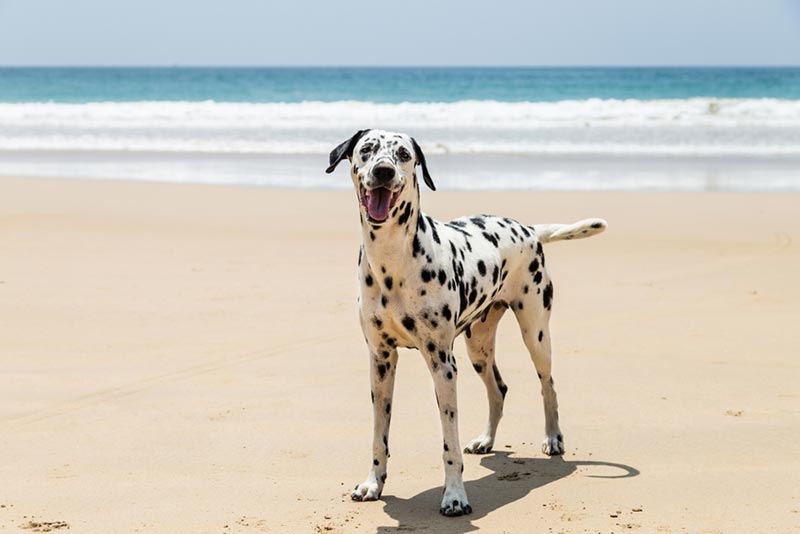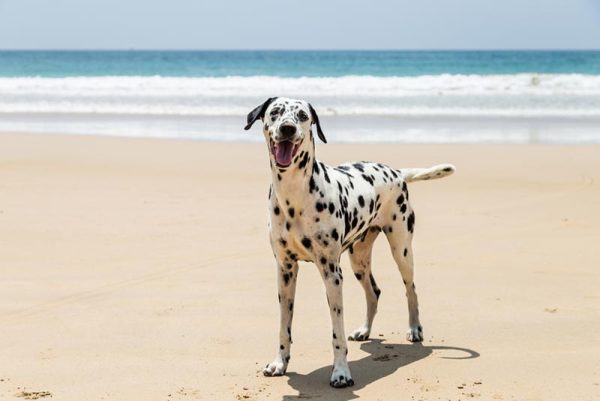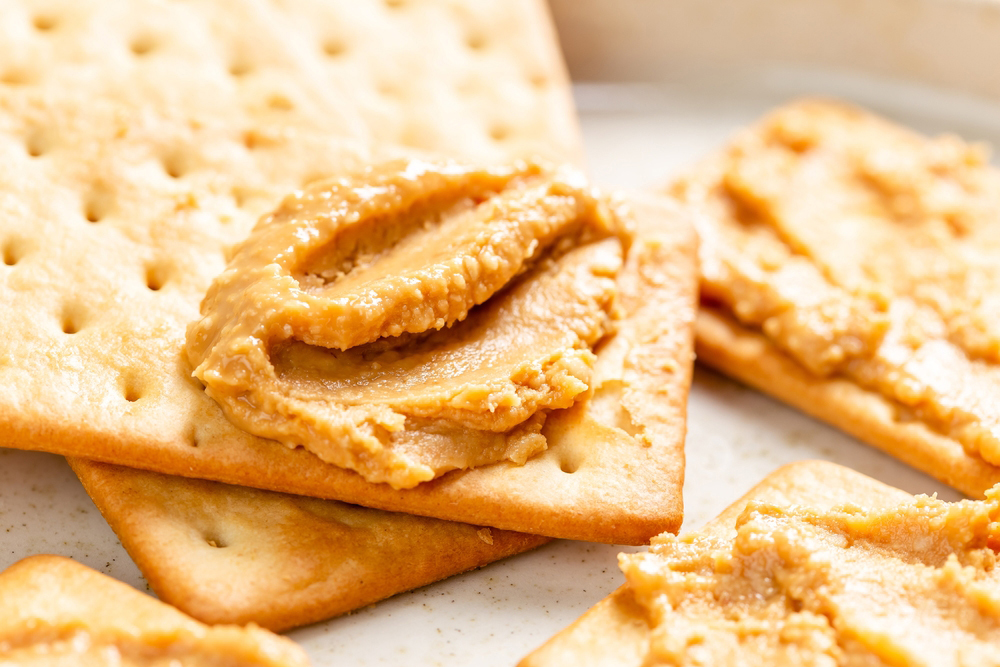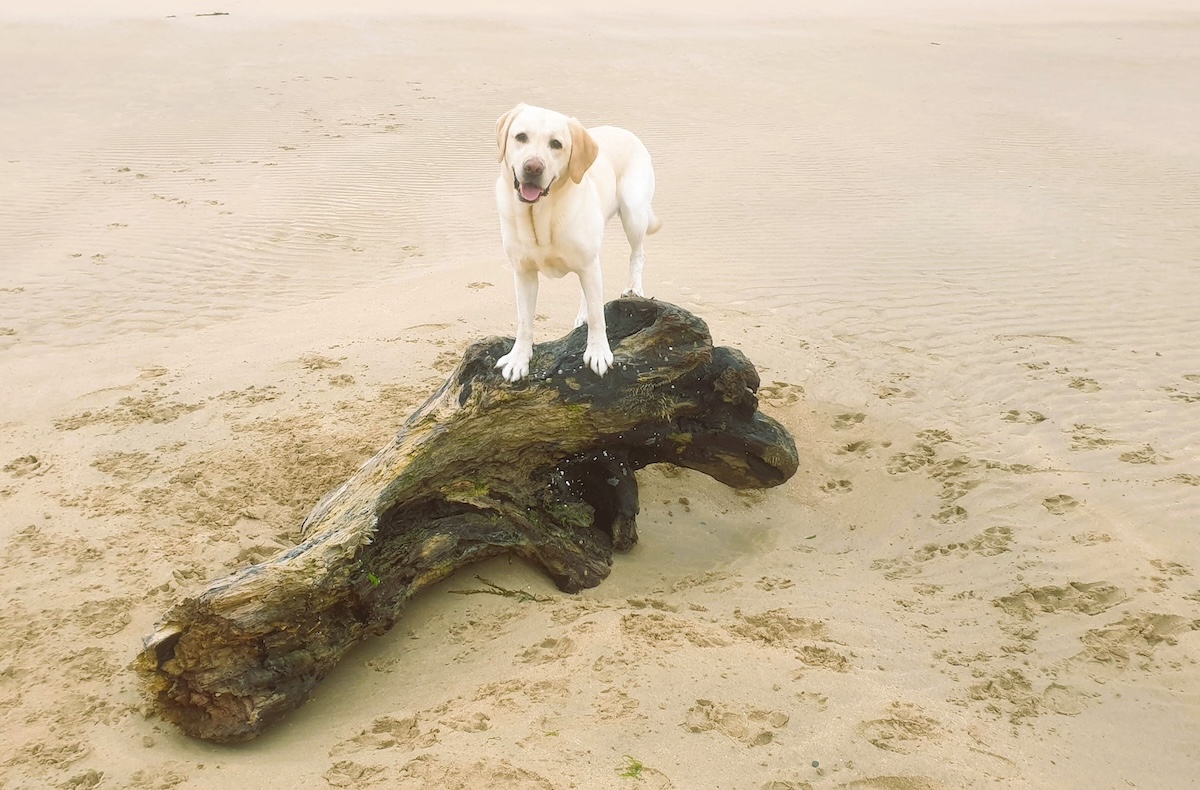Click to Skip Ahead
Dalmatians are instantly recognizable, but you might not know much about the care they require, what lifestyle is best for them, how long they live, and what affects the length of their life. So, if you’re debating getting one, it’s best to find out because the answers will ultimately affect your decision. Dalmatians live 11–13 years, which is average for a medium to large-sized dog.
Out of all the factors that affect a Dalmatian’s lifespan, there are some you will have control over, like their diet, and others that you won’t, like their genetics. Below, we’ll discuss what can affect a Dalmatian’s quality of life and lifespan.

Dalmatian Average Lifespan
Dalmatians live 11 to 13 years but are prone to health problems that can shorten their lives. We mentioned that there are factors such as genetics that you don’t necessarily have control over. Still, with regular veterinarian visits and the proper care and treatment, you can significantly lengthen the life of your beloved dog.

How to Care for Your Dalmatian for a Long Lifespan?
1. Genetics and Health Care
Dalmatians are prone to several hereditary conditions, so speak to your vet if you are looking to adopt one. Pet insurance is always a good idea if you’re getting a dog, as it will help with the financial side of things if they ever get sick. Here are some of the health issues they’re vulnerable to.
- Bladder stones: Dalmatians are more prone to bladder stones than other breeds, and your veterinarian can test for them with urine analysis, ultrasounds, X-rays, and DNA tests.
- Deafness: 5% of Dalmatians are completely deaf, while 15%–30% will experience deafness in one ear. If your dog is deaf, they will require special living arrangements and communication methods like using hand signals instead of voice commands.
- Dilated Cardiomyopathy (DCM): This is a life-threatening illness when a dog’s heart becomes weak, enlarged, and thin. The signs can include weakness, lethargy, a cough, and trouble breathing.
- Dalmatian Bronzing Syndrome (also known as Dal crud): This is a skin condition defined by a bronze or pink coloration on the Dalmatian’s coat. They can also experience inflammation of hair follicles, hair loss, and crusty skin patches.
You must also maintain regular vet appointments and keep up with flea and tick-preventative treatments to keep your Dalmatian healthy.
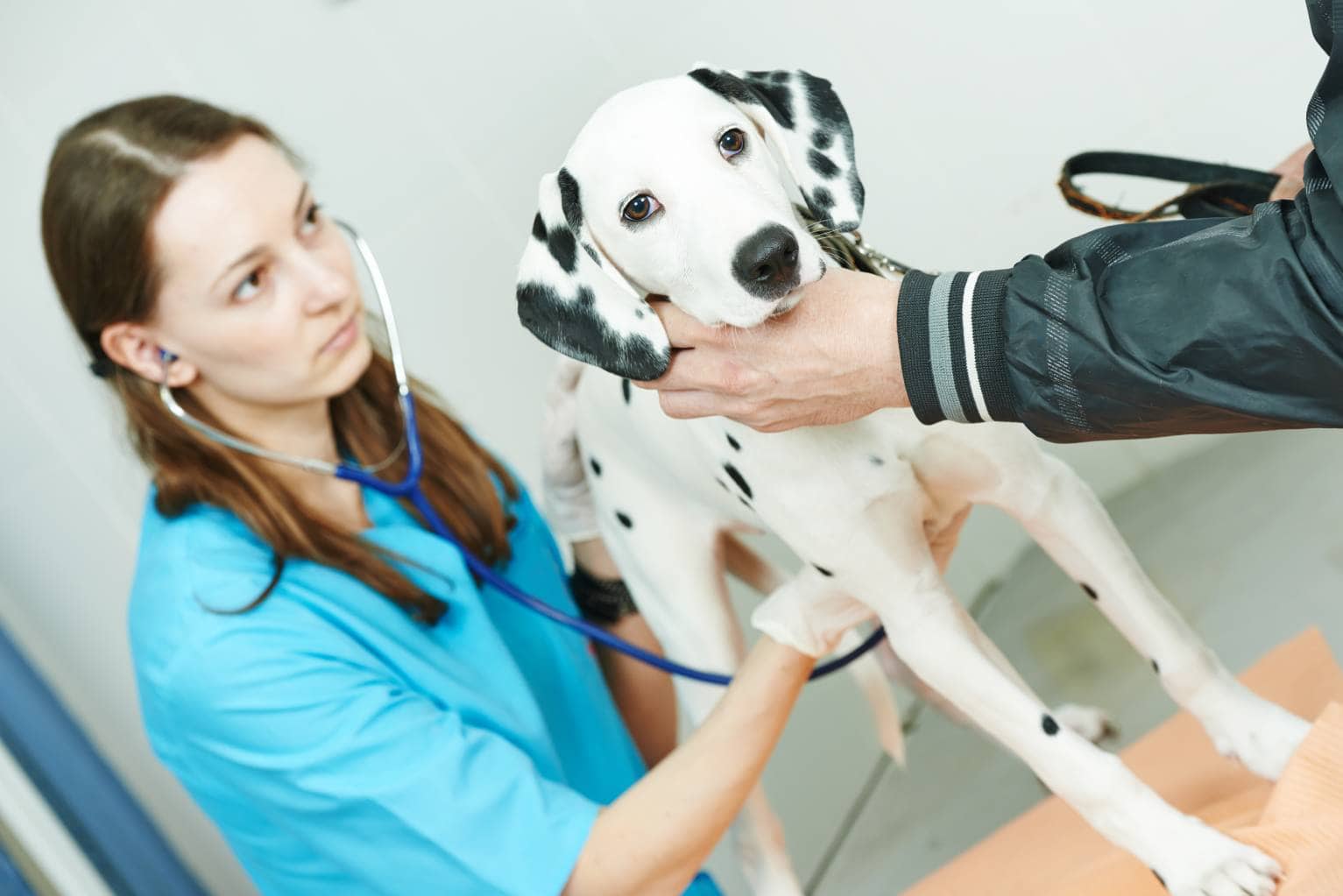
2. Nutrition
Your dog’s lifespan may be affected by their diet. It’s best to feed them high-quality, nutritious dog food that suits their needs. For example, Dalmatians can put on weight easily, and you should avoid brands that are high in fat and carbohydrates. Select a brand that contains meat protein at the beginning of their ingredients list, like beef, chicken, and turkey.
Since Dalmatians are also prone to bladder stones, speak to your vet about a formula that’s low in purine. It can be tricky figuring out which dog foods are best and whether they are appropriate for your dog and their individual age, activity level, and health.
3. Exercise
Dalmatians are energetic canines and need at least 2 hours of exercise daily. Ideally, this should be split into two daily walks with time to run around at the dog park or in a safe, fenced-in yard. If your Dalmatian doesn’t get enough exercise, they can put on weight and become mischievous and exhibit undesirable, destructive behaviors.
They love spending time with their owners, and you can play fetch at the park or take them for a jog, hike, or bike ride. Be aware that your puppy’s joints and bones won’t be mature and strong until they are 15 to 18 months old, so avoid strenuous activity until then.
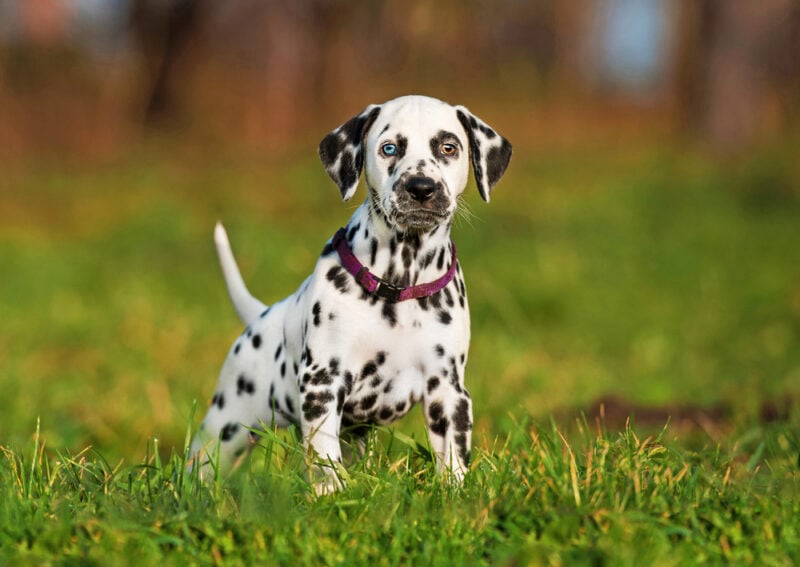
4. Lifestyle and Environment
As their pet parent, you must ensure your Dalmatian has a clean, safe, comfortable environment to call home. They need somewhere to relax that will meet their needs, and a failure to do so can cause them anxiety and stress. An anxious and stressed dog can quickly become aggressive.
It’s also important to pick a dog that fits in with your lifestyle; a high-energy dog like a Dalmatian will not be satisfied with a couch potato lifestyle. It can be tough on them mentally and physically if you can’t meet your dog’s needs, and it’s best to pick a different breed.
The 3 Life Stages of a Dalmatian
1. Puppy and Young Adult
Generally, a Dalmatian leaves puppyhood behind at 15 to 18 months old, but a few factors could affect this. Males mature slower because they put on more muscle mass and tend to stop growing towards the 18-month-old mark. At this stage, your puppy will be fun-loving and energetic and enjoy lots of playtime with you.
You will need to take the time to socialize and train your dog to ensure they grow up to be a well-rounded, confident, happy adult. Your vet will also set up a vaccination schedule for you, which will help keep them healthy and ultimately lengthen their life.
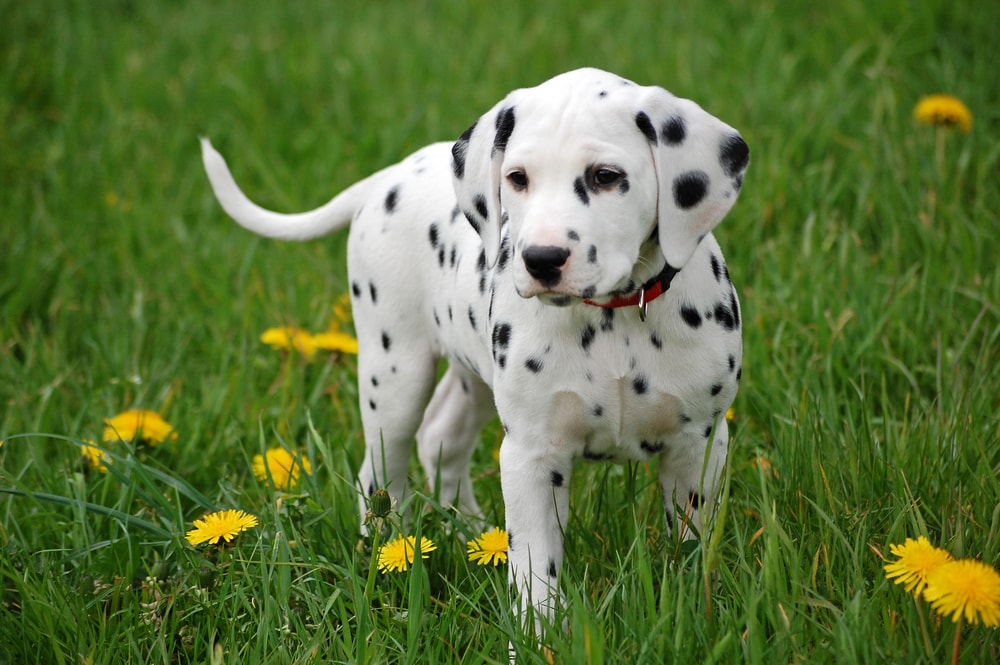
2. Adult
Most adult Dalmatians will finish growing at around 15 months, but as we mentioned, you might notice yours continues to grow. The changes you see after the 16th-month point will be gradual and less dramatic than they have been.
Dalmatians are adults until they are 8 years old, and as your Dalmatian ages, you’ll notice less severe health problems crop up, and they will start to slow down. Make sure you keep up with your regular vet visits so any issues can be caught early.
3. Senior
Eight years onward, your Dalmatian is considered to be a senior. You may notice more severe health conditions developing. Your Dalmatian will slow down considerably, and it’s essential to adjust their exercise routine accordingly but not cut it completely.
Walks might feel very short, but it gets them out and moving, which is crucial for their mental and physical health, especially since their activity levels have reduced and they will gain weight more easily.
How to Tell Your Dalmatian’s Age
If you adopted your dog, determining their age is much harder than buying them from a breeder. The best way to estimate your dog’s age is to check their teeth. If they don’t have all their adult teeth yet, it will indicate they aren’t fully grown. The condition of their teeth will also help you estimate the age of adults; older dogs might have plaque-covered teeth or broken and missing teeth. Your Dalmatian will also get gray hair as they enter their senior years, especially in the eyebrows and around the nose. A senior dog’s eyes can also become cloudy.
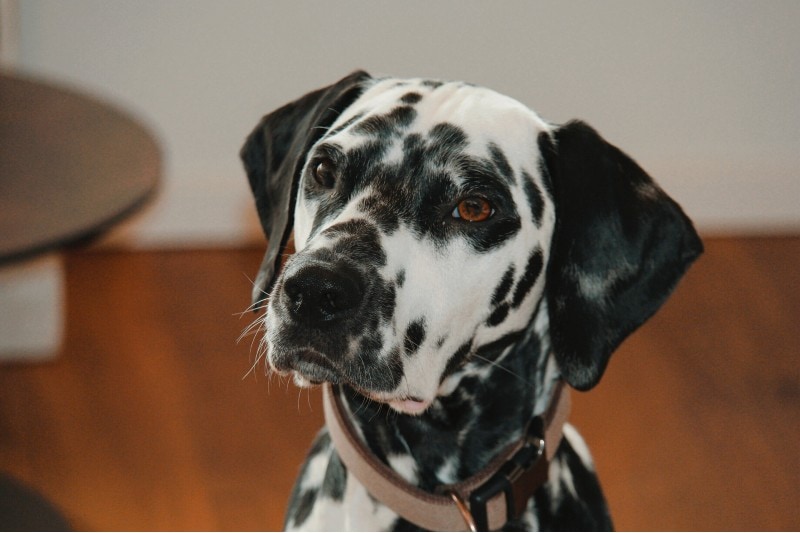
Conclusion
Dalmatians can live up to 13 years, but several factors can affect their age, such as their nutrition, genetics, lifestyle, and overall health. The best way to ensure your dog has the longest, happiest, healthiest life possible is to keep up with your scheduled vet visits, fuel their bodies with the right food, and take them out for walks, hikes, and swims as much as possible.
Featured Image Credit: Iren Key, Shutterstock

